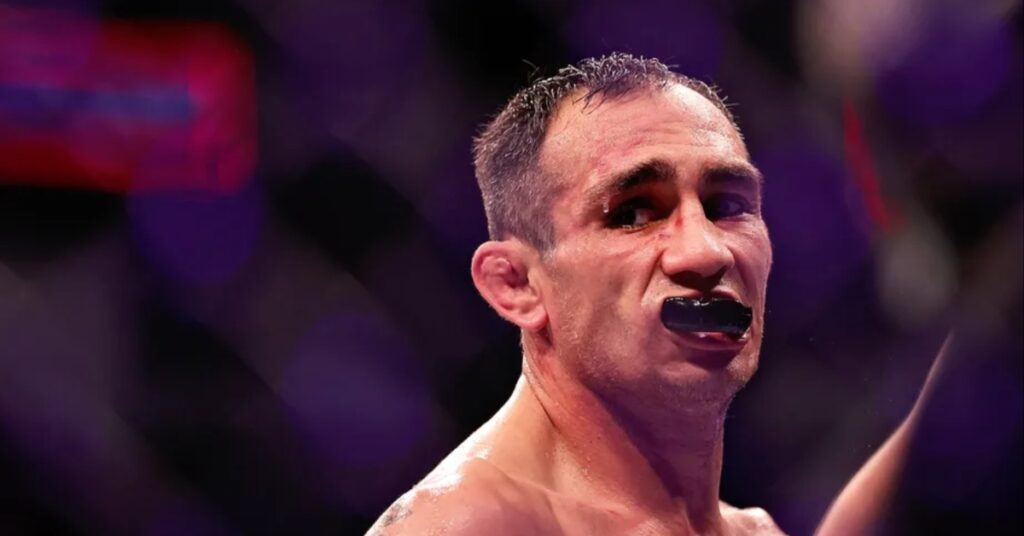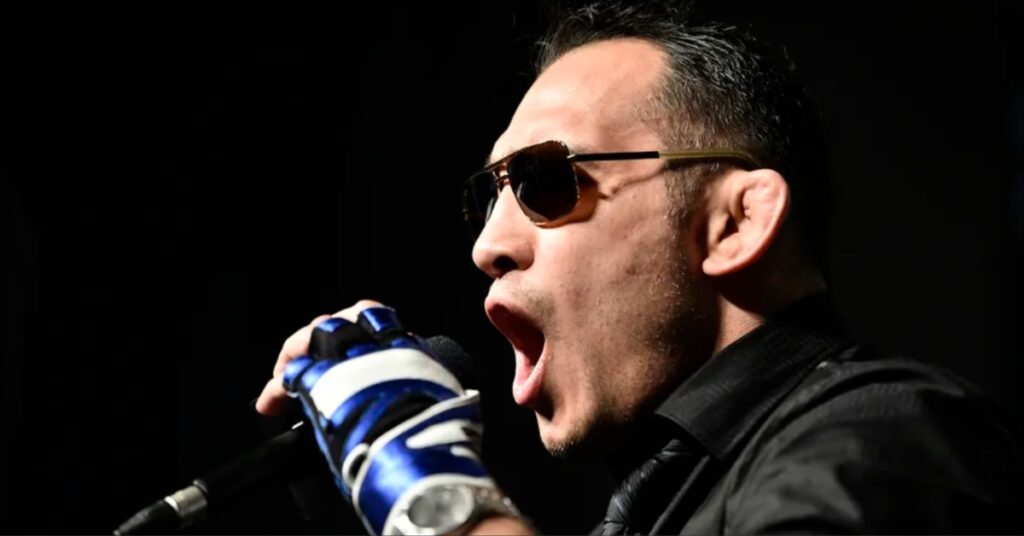Boxing Commissioners implement new rules for MMA bouts in the US and Canada
UFC President Dana White has long gone on record that he wants to see better judging in MMA. From judges recording the wrong scores to referees stopping fights to early or too late, white has been a vocal critic of the current system and he is not alone. In a sport with no instant replay, fighters, promoters, trainers and fans have long been complaining about real or perceived problems with referees and judges and their scoring of certain matches. It seems as if someone who can make a difference has stepped forth.
The Association of Boxing Commissioners (ABC) has handed down some changes to the Uniformed Rules of Mixed Martial Arts today in an effort to improve judging and scoring in all MMA bouts held in the United States and Canada.
The most significant being that the half-point system has a negligible impact on scoring the outcome of a fight. Four commissions took part in this evaluation: the Colorado State Athletic Commission, Georgia Athletic and Entertainment Commission, California Amateur Mixed Martial Arts Organization and the Edmonton Alberta Athletic Commission. The ABC sounded the official death knell of the half-point system with the following statement: “It appears that changing the current scoring system, when only a marginal amount of fights would be affected (2% if you reference [the California Amateur Mixed Martial Arts Organization, Inc], and 4.85% if you reference [the Edmonton Alberta Athletic Commission]), would not be a significant reason to adopt this change.”
The ABC has made a few other revisions to the current MMA judging criteria:
Effective Defense has been removed as a criteria for scoring. American author John Steinbeck said it best: “The purpose of fighting is to win. There is no possible victory in defense. The sword is more important than the shield and skill is more important than either. The final weapon is the brain. All else is supplemental.” Whether it is on the battlefield or in the confines of the ring or the cage, that quote breathes the truth. The ABC rightly noted that: “offensive actions should be the only criteria used to score MMA matches. Offensive fighters are fighters which carry the fight and push the action, and make the fight happen. Defense is its own reward. A fighter who chooses to avoid using defensive actions will invariably suffer the consequences. For example if a fighter decides that they do not want to block or avoid a strike, protect themselves from a submission, or avoid a throw or takedown then they will suffer the results of those offensive actions being used against them. The only role defensive action plays is to keep a fighter in the fight longer so that they can attempt to score using offensive actions. Having two fighters avoid offensive actions and rely solely on defense goes against the basic primary consideration of any combative sport: To score using offense.”
Hopefully this will put an end to a trend we have been seeing in the UFC where certain fighters engage at long distance and give the impression that they are “running” from the fight. This is organized sport combat, not a self-defense situation.
Striking and Grappling now have equal weight with respect to scoring In a huge step forward for wrestlers and jiujitsu practicioners ABC stated: “The old scoring system rewarded striking (as a primary consideration) more than grappling. Mixed Martial Arts is based on two skill sets – striking and grappling. The committee felt that grappling should not be a secondary factor in determining the outcome of a match. Grappling has a definitive skill set and athleticism and offensive capabilities which when used correctly can effectively end a fight. As such grappling skills should be rewarded and given equal weight to striking.”
This has been a long time coming. When first enacted the rules were based strongly on the existing rules of boxing and kickboxing, so grappling took a back seat. It may be true that more people want to see a knockout, but as long as submission is an equal part of the game it should be judged accordingly.
The term “damage” will no longer be used as a descriptor when discussing the scoring of a round. It will be replaced by “effective”. According to the ABC: “The legal considerations surrounding the term “Damage” as a descriptor were given considerable weight and as such the committee felt that using the word “Damage” may contribute to the potential for liability in the event of any litigation that commissions may find themselves involved in. The sport of MMA is still relatively new and has not received sanctioning in various jurisdictions. The committee felt that “Damage” as a descriptor may play a factor in helping to determine future sanctioning if the term was taken out of context with many opposed to MMA as a sport. ABC Instructors who currently use this as part of their teaching curriculum are advised to make any and all subsequent modifications to their course material.” This is more symbolism over substance or political correctness. I have seen this sort of language creep into the shooting sports with mixed reactions. On the one hand, I applaud any change that may legalize or legitimize the sport in more backward-thinking locales such as New York City; but at the same time think in the long run it may give the illusion that this is not a combat sport. In and of itself the language will not water down the sport, but may give the impression to some that it is more like professional wrestling as opposed to boxing.

What do you think? Are these rules really going to effect the changes we want to see or are they merely a band-aid on a gaping wound? Granted there is more to judging and scoring than the basic rules, but is this a placebo or a big step in the right direction?
Learn more about the rules of MMA in USA and Canada and in general.






